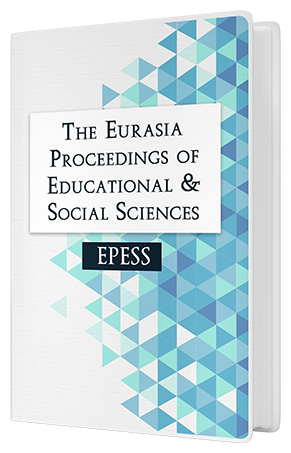Quality Assessment of Criteria for Training Residents–Surgeons
Keywords:
Residents-Surgeons, Quality, TrainingAbstract
The experience of preparing residents-surgeons on the basis of the credit-modular system is given. A point evaluation of the knowledge and skills of each module and discipline as a whole is developed, the results of use are given. The restructuring of postgraduate education in Ukraine on the basis of the Bologna Declaration envisages the development and implementation of a unified system of credit units - the European Credit Transfer System ECTS, which is a conditional unit for measuring the learning load and assessing its learning by the learner. The experience of conducting the educational process on new technologies during higher education studies dictates the necessity of applying similar approaches to the postgraduate education of doctors, including during their internship in different specialties. The 15-years’ experience of conducting an internship in surgery was analyzed on the basis of the applied credit-module system of training. Many years of previous experience of internship at the Department of Surgery # 1 of the SI “Dnepropetrovsk Medical Academy of Ministry Health of Ukraine” allowed in the experiment procedure to apply credit-modular system of training of residents-surgeons since the 2005/2006 academic year. The introduction of the innovation was preceded by extensive methodological work, including the creation of accounting records of teachers and residents, writing methodological manuals for residents, the development of criteria for assessing the quality of training of young professionals, which is based on a daily multilateral evaluation of distributed modules.Downloads
Published
Issue
Section
License
Copyright (c) 2020 The Eurasia Proceedings of Educational and Social Sciences

This work is licensed under a Creative Commons Attribution-NonCommercial-ShareAlike 4.0 International License.
The articles may be used for research, teaching, and private study purposes. Any substantial or systematic reproduction, redistribution, reselling, loan, sub-licensing, systematic supply, or distribution in any form to anyone is expressly forbidden. Authors alone are responsible for the contents of their articles. The journal owns the copyright of the articles. The publisher shall not be liable for any loss, actions, claims, proceedings, demand, or costs or damages whatsoever or howsoever caused arising directly or indirectly in connection with or arising out of the use of the research material. All authors are requested to disclose any actual or potential conflict of interest including any financial, personal or other relationships with other people or organizations regarding the submitted work.




